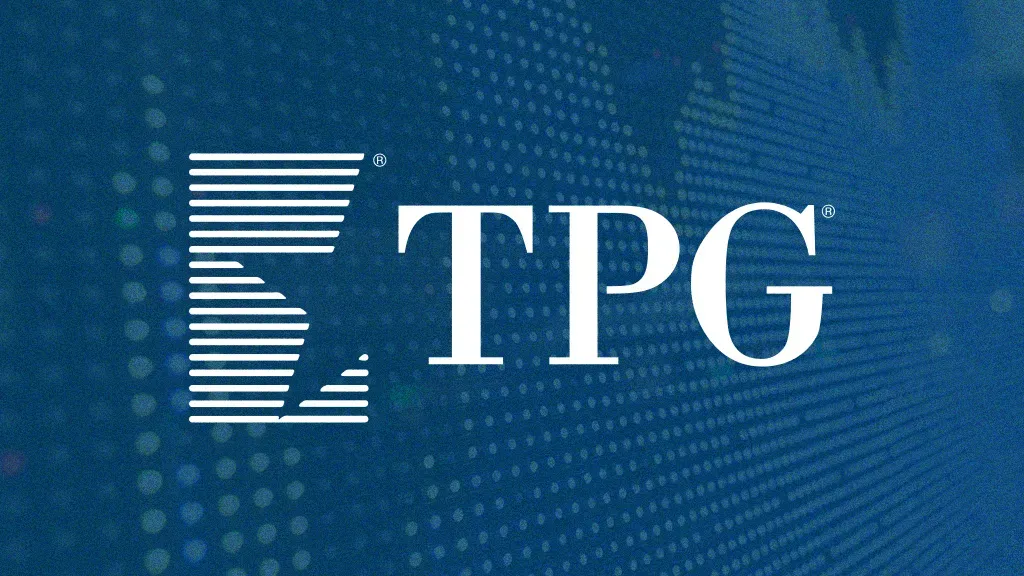AT&T’s expensive detour into entertainment is officially over after private equity firm TPG acquired the telecom’s remaining 70% stake in DirecTV, taking full control of the satellite provider.
A steep price to pay: The sale is the final chapter in a multi-year unwinding of AT&T’s media ambitions, which began with its $49 billion acquisition of DirecTV in 2015. By the time TPG first took a 30% stake in 2021, the company was valued at just $16.25 billion, crystallizing a massive loss for the telecom.
Different roads ahead: For AT&T, the sale is about getting back to basics and focusing on being a “wireless 5G and fiber connectivity company.” TPG, meanwhile, is signaling confidence, with CEO Bill Morrow promising “big plans to increase investments in innovative video services” to compete in a notoriously tough market.
New hand on the tiller: As part of the ownership change, the board is getting a shake-up. AT&T’s appointees have stepped down, making way for new members including Tony Vinciquerra, the former CEO of Sony Pictures Entertainment.
The bottom line: AT&T is now free to focus on its core telecom business, while TPG is left with the hefty challenge of steering a legacy pay-TV ship through the turbulent waters of cord-cutting. The ownership change comes after another major strategic play for the satellite provider—a planned merger with rival Dish Network—fell apart amid disputes, highlighting the immense pressure on legacy TV providers to consolidate or evolve.

